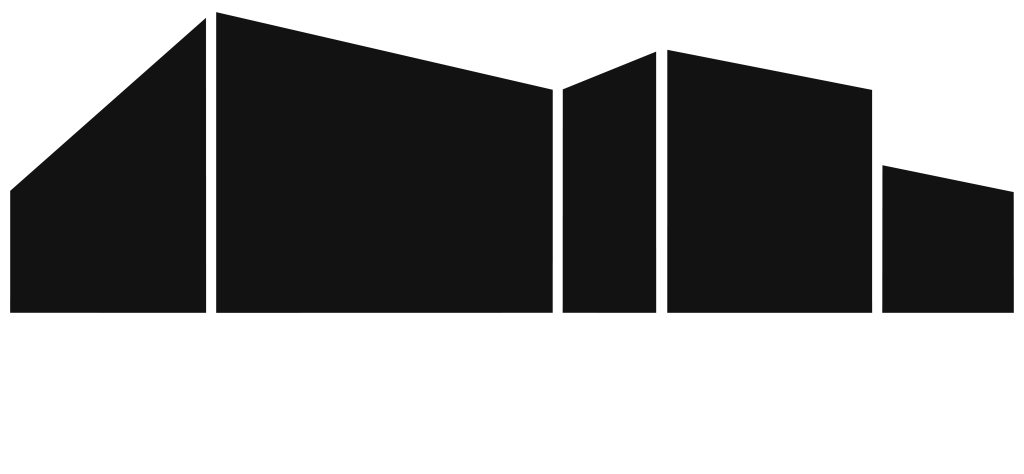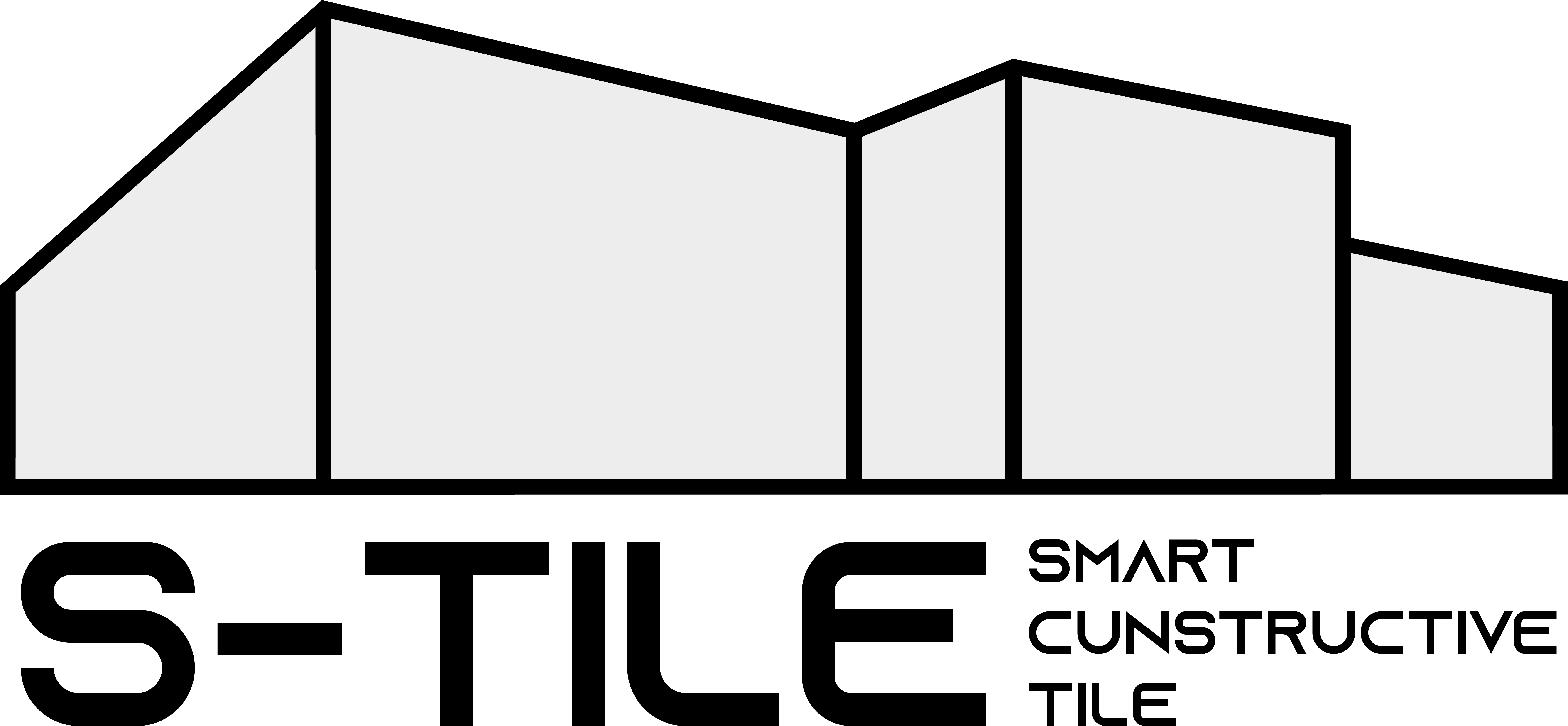Smart constructive tiles are a groundbreaking innovation in the construction industry, offering a wide range of benefits that revolutionize building design and functionality. In this article, we will explore the key advantages of smart constructive tiles and how they can enhance the construction process and improve the overall performance of buildings.
1. Energy Efficiency
One of the major benefits of smart constructive tiles is their contribution to energy efficiency in buildings. These tiles are equipped with sensors that can monitor and regulate temperature, lighting, and other environmental factors. By intelligently adjusting these parameters based on real-time data, smart constructive tiles help optimize energy consumption and reduce utility costs. For example, smart tiles can automatically adjust heating or cooling settings based on occupancy patterns or ambient temperature, ensuring a comfortable environment while minimizing energy waste.
2. Enhanced Safety and Security
Smart constructive tiles can significantly enhance safety and security in buildings. With the integration of motion sensors, these tiles can detect unauthorized movement or intrusions and trigger alarms or send alerts to security personnel. Additionally, smart tiles can be integrated with fire detection systems, providing early warnings in case of fire or smoke. This proactive approach to safety ensures a swift response and helps minimize potential damage and risks to occupants.
3. Improved Indoor Comfort
Creating a comfortable indoor environment is crucial for the well-being and satisfaction of building occupants. Smart constructive tiles can contribute to enhanced comfort by providing features such as temperature regulation, lighting control, and air quality monitoring. These tiles can automatically adjust heating or cooling settings based on individual preferences or occupancy patterns, ensuring a personalized and comfortable experience for each occupant.
4. Real-Time Monitoring and Maintenance
Smart constructive tiles enable real-time monitoring of various parameters, such as temperature, humidity, and occupancy. This monitoring capability allows for proactive maintenance and timely identification of any anomalies or issues. By detecting problems early on, maintenance teams can address them promptly, minimizing downtime and reducing repair costs. Additionally, the ability to monitor and analyze data from smart tiles allows for predictive maintenance, identifying potential issues before they escalate into major problems.
5. Integration with Building Management Systems
Smart constructive tiles seamlessly integrate with building management systems, allowing for centralized control and monitoring. These systems enable building operators to manage and optimize various parameters, such as energy efficiency, lighting, ventilation, and security, using data provided by the smart tiles. The integration of smart tiles with building management systems streamlines operations, improves efficiency, and enhances overall building performance.
6. Aesthetically Pleasing Design
Despite their advanced technology, smart constructive tiles do not compromise on aesthetics. These tiles come in a variety of colors, patterns, and finishes, allowing for seamless integration into different architectural styles and interior designs. Whether it’s a commercial building or a residential space, smart constructive tiles offer versatility and aesthetic appeal.
Conclusion
Smart constructive tiles offer a multitude of benefits that contribute to energy efficiency, safety, comfort, and overall building performance. By integrating advanced technology into traditional building materials, these tiles are transforming the construction industry. As the technology continues to evolve, we can expect even more innovative features and functionalities from smart constructive tiles, further revolutionizing the way we design and build structures.


